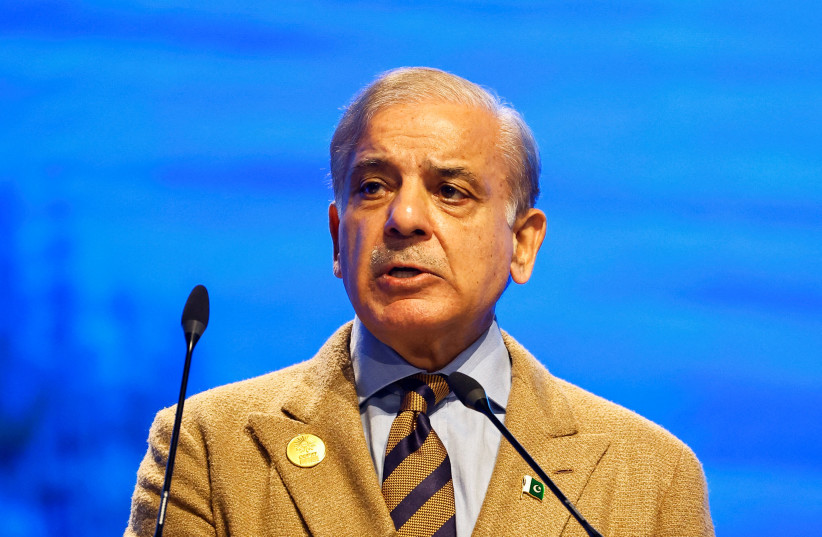Zabihullah Mujahid, the chief spokesman for Afghanistan's caretaker government, has highlighted the importance of fostering positive relations between Kabul and Islamabad. Speaking to the local media outlet Tolonews on Monday, Mujahid expressed a keen interest in enhancing ties not only with Pakistan but also with other neighboring nations.
This statement comes in the wake of Pakistan's formation of a new government following the general elections held on February 8. Mujahid seized this opportunity to call on Pakistan's newly established administration for greater leniency concerning the deportation of Afghan refugees, signaling a plea for cooperation and understanding.
Afghan refugees have been a significant factor in Pakistan since the late 1970s, following the Soviet invasion of Afghanistan. This event triggered one of the largest refugee migrations in modern history, as millions sought safety from the ensuing conflict and political instability.
Shares issues among the states
Over the decades, Pakistan has hosted several waves of Afghan refugees, with numbers swelling during periods of intense conflict or governance crises within Afghanistan. Despite various repatriation initiatives, over 2.5 million Afghan refugees reportedly still reside in Pakistan, making it one of the world's largest refugee-hosting nations.

These refugees have faced a myriad of challenges, including legal status issues, access to services, and periodic calls for mass deportations.
The call for flexibility regarding these refugees underscores the complex sociopolitical dynamics between the two countries, and the interplay of regional politics, international obligations, and the humanitarian imperatives of providing refuge to those fleeing violence and persecution.
